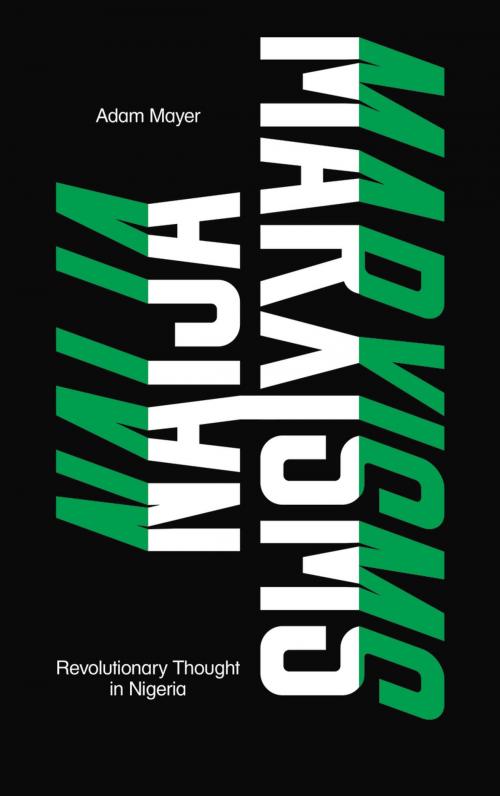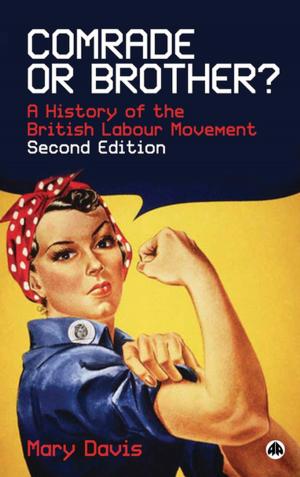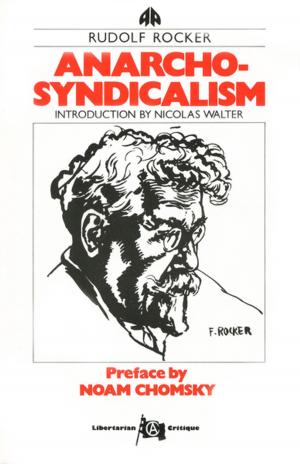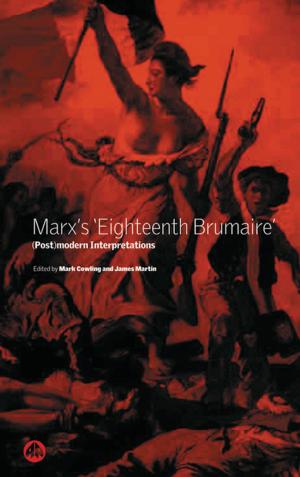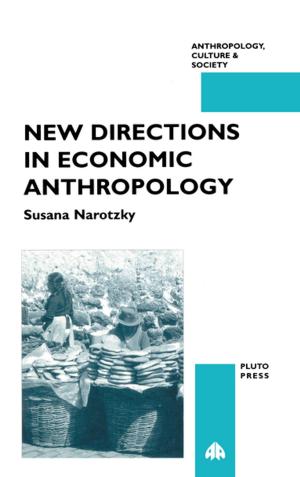Naija Marxisms
Revolutionary Thought in Nigeria
Nonfiction, Social & Cultural Studies, Political Science| Author: | Adam Mayer | ISBN: | 9781783717897 |
| Publisher: | Pluto Press | Publication: | July 20, 2016 |
| Imprint: | Pluto Press | Language: | English |
| Author: | Adam Mayer |
| ISBN: | 9781783717897 |
| Publisher: | Pluto Press |
| Publication: | July 20, 2016 |
| Imprint: | Pluto Press |
| Language: | English |
Since the 1940s, Marxist thought has blossomed in Nigeria. The history of 'Naija Marxism' is also that of the country's labour movement, its feminist movement, its social thought and political economy. It has been the mainstay of party politics in the case of illegal Marxist party formations and legal anti-feudalist forces and in the NGO sector. Long gone are the days when Marxism meant imported pamphlets and a disconnected ideology.
In Naija Marxisms, Adam Mayer argues that Marxism is alive and well in Nigeria. It includes pre-eminent thinkers such as Usman Tar and Edwin Madunagu who are currently espousing a Marxian political economy and providing a class-based approach in the country’s mainstream media channels.
Drawn from years of research in Nigeria and elsewhere, Naija Marxisms breaks new ground in tracing the historical trajectories that leftist movements underwent since the 1940s. Mayer explores the international context of Nigerian Marxism and provides core chapters on key thinkers including Mokwugo Okoye, Ikenna Nzimiro and Eskor Toyo among many others.
In Naija Marxisms, Adam Mayer argues that Marxism is alive and well in Nigeria. It includes pre-eminent thinkers such as Usman Tar and Edwin Madunagu who are currently espousing a Marxian political economy and providing a class-based approach in the country’s mainstream media channels.
Drawn from years of research in Nigeria and elsewhere, Naija Marxisms breaks new ground in tracing the historical trajectories that leftist movements underwent since the 1940s. Mayer explores the international context of Nigerian Marxism and provides core chapters on key thinkers including Mokwugo Okoye, Ikenna Nzimiro and Eskor Toyo among many others.
Since the 1940s, Marxist thought has blossomed in Nigeria. The history of 'Naija Marxism' is also that of the country's labour movement, its feminist movement, its social thought and political economy. It has been the mainstay of party politics in the case of illegal Marxist party formations and legal anti-feudalist forces and in the NGO sector. Long gone are the days when Marxism meant imported pamphlets and a disconnected ideology.
In Naija Marxisms, Adam Mayer argues that Marxism is alive and well in Nigeria. It includes pre-eminent thinkers such as Usman Tar and Edwin Madunagu who are currently espousing a Marxian political economy and providing a class-based approach in the country’s mainstream media channels.
Drawn from years of research in Nigeria and elsewhere, Naija Marxisms breaks new ground in tracing the historical trajectories that leftist movements underwent since the 1940s. Mayer explores the international context of Nigerian Marxism and provides core chapters on key thinkers including Mokwugo Okoye, Ikenna Nzimiro and Eskor Toyo among many others.
In Naija Marxisms, Adam Mayer argues that Marxism is alive and well in Nigeria. It includes pre-eminent thinkers such as Usman Tar and Edwin Madunagu who are currently espousing a Marxian political economy and providing a class-based approach in the country’s mainstream media channels.
Drawn from years of research in Nigeria and elsewhere, Naija Marxisms breaks new ground in tracing the historical trajectories that leftist movements underwent since the 1940s. Mayer explores the international context of Nigerian Marxism and provides core chapters on key thinkers including Mokwugo Okoye, Ikenna Nzimiro and Eskor Toyo among many others.
